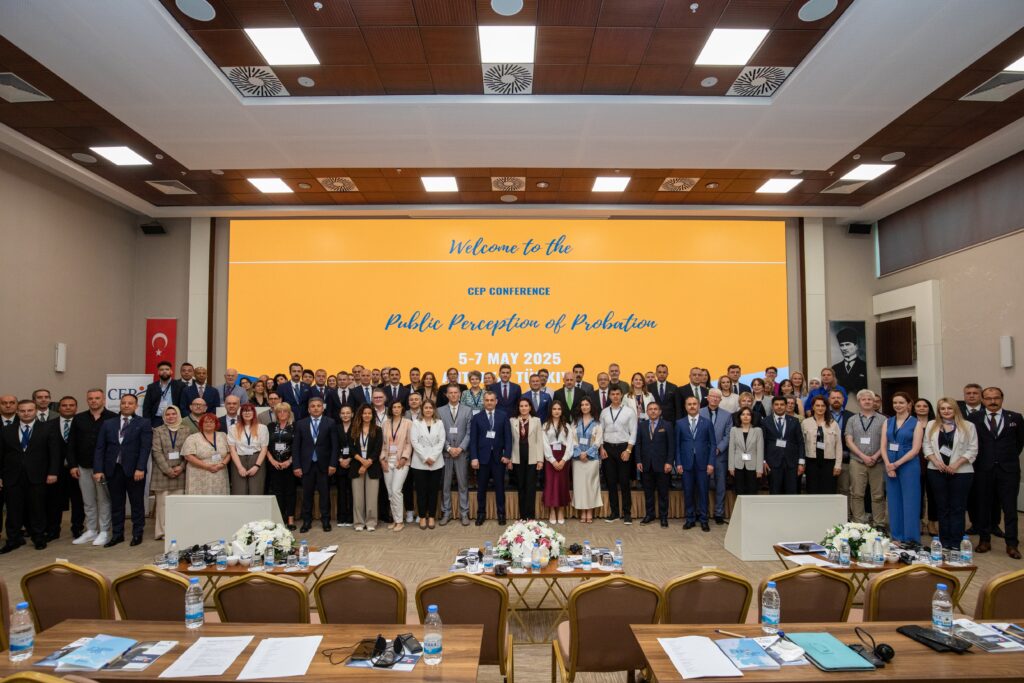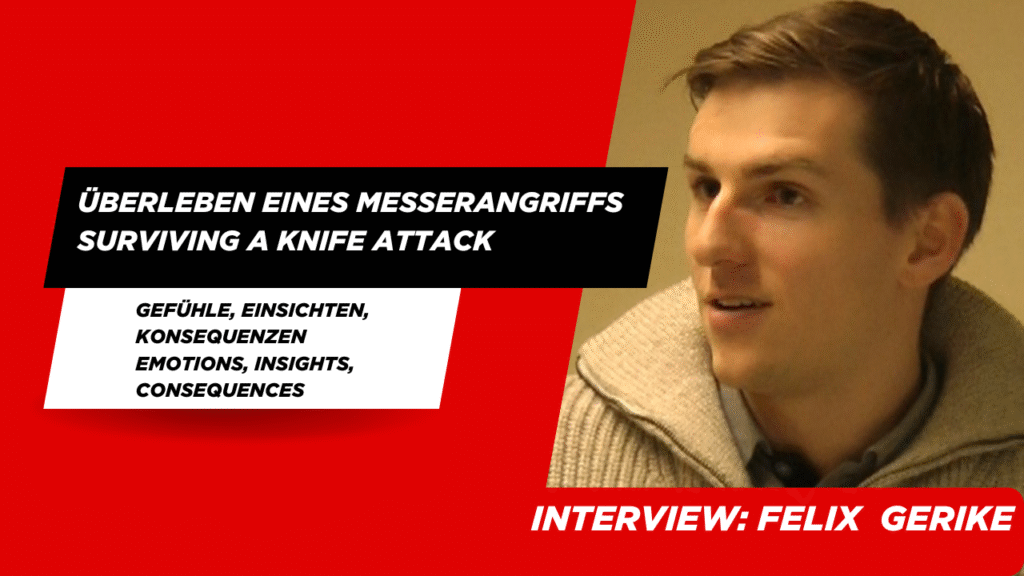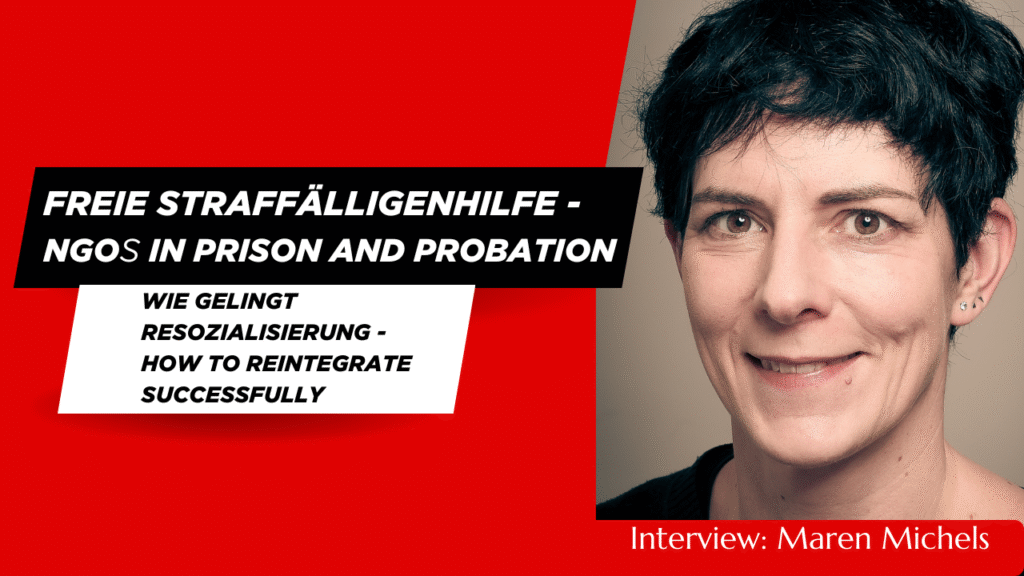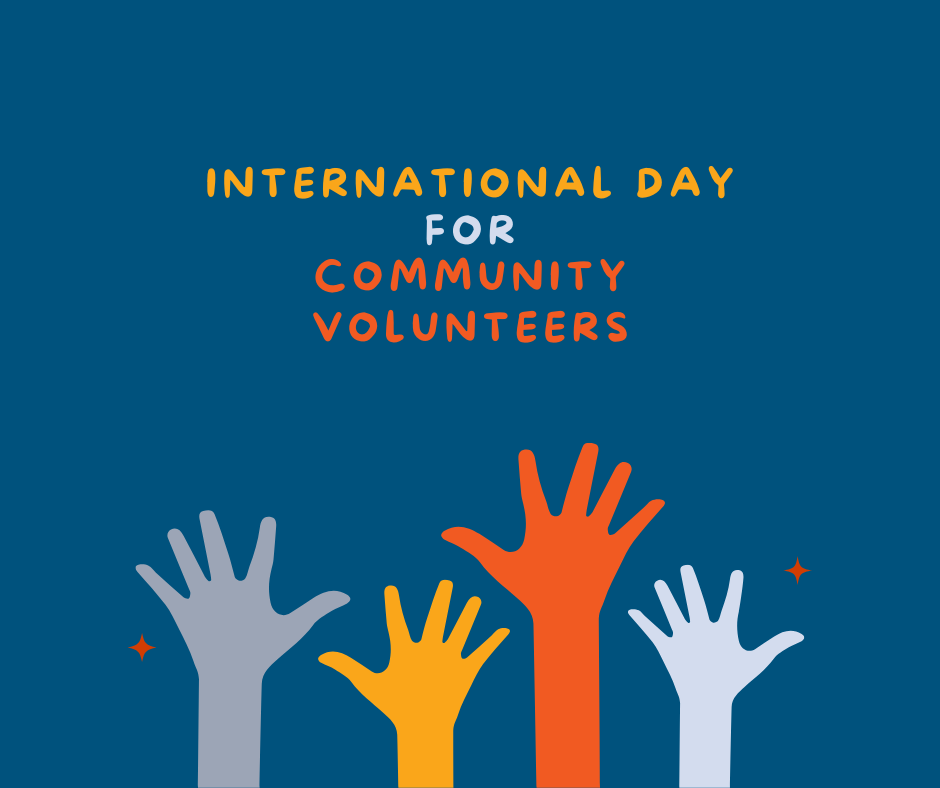Previous Article
News
DERAD project: prevention of the escalation of radicalization in the prison environment
CEP is associated partner of the DERAD project. DERAD is a European project that aims to prevent the escalation of radicalization in the prison environment and help prisoners and probationers who are often exposed to Jihadist recruitment or self-radicalization to overcome the different problems and push factors usually exploited by recruiters. The project is led by the Italian Ministry of Justice. In a brief interview, Mr. Enrico Sbriglia, Regional Superintendent of Penitentiary Administration for Veneot, Trentino Alot Adige e Friuli Venezia Giulia, gives us insights in the project.

Q: “Why was the DERAD project launched? And what are its main objectives and target groups?”
“I am convinced that all EU countries feel the need to strengthen a common prevention strategy (although sometimes it may have been perceived in late) opposed to any form of violent religious radicalism.
The world of prisons and penal execution as a whole (through prison sentences and alternative measures and probation) represent the last trench, the last line of a war front which, though not the same as traditional and terrible as the “traditional” wars, even though are being fought in different areas of the world, in Africa and in the Middle East in particular, is not less important and indeed turns out to be perceived as closer by our EU citizens.
DERAD project aims therefore to make an effective contribution to counter radicalism, especially homogenizing the action of the sentence execution operators performing their work both in prisons and outdoor environments, favoring the creation of a shared “modus operandi”, which will make the best collaboration that can be formed by talking and discovering the strengths of each individual statehood, Police Forces and of those, criminal enforcement workers, magistrates, etc., who are already involved in this complex and by now international struggle.
In this context, significant contributions can be and are also expected from the Academia and from that represented by the NGOs, as well involved in our project.
May exist and co-exist different ways of doing and be safe; with DERAD we want to give priority to the instrument that we consider the formidable, rigorous Culture of Human Rights, Civil Rights, the respect due to each person, “forcing”, with a style of prisons government based on law, celebrated in the constitutions and European conventions, the radicalized subjects, to observe and discuss with us, both within prisons, where we need to refine the methods of recognition of the alleged radicalized subject, albeit submitting him to a more sophisticated and invisible control system, both outside, when, in a progression of reasonable expectations and results, it’s considered that there are real possibilities of recovery in the social and in the free dialectic of our communities, able to include and not exclude any form of peaceful religions and believers.
The main target groups of the DERAD project, which then will be the main actors-agents, are precisely the prison workers as a whole, then the Police and non-governmental associations, which represent the best trade-union with social problems and difficult Community issues to which they address their meritorious actions.
Facilitators subjects, even if partners, are the judicial authorities and the University Academic World.
Similar purposes, such as for DERAD project, albeit more fully characterized and concentrate on Criminal Execution operators as a whole, which deal in the field, in prisons and in city neighborhoods, are pursued with the project TRAINING AID.”
Q: “DERAD and TRAINING AID are European projects: how they reach their target groups across Europe?”
“Through continuous and periodicals, as well as planned, work “operational” meetings, where possible strategies are refined. Meetings that take place in each of the states involved in the projects, refining thus the technical and legal language, and the detailed actions to be pursued in states and, especially, in the prisons. A common commitment to seek a common denominator in the concrete action.”
Q: “What can we expect from the projects, in terms of output?”
“The formation of a common awareness, supplemented by the knowledge of the methods already present in every state, in order to promote, waiting for the necessary changes and regulations updating hoped, the adoption of a common concrete practice, through the sequence of the actions that allows us, more quickly, to identify any errors of assessment, to ensure the best constant prevention and law enforcement strategies, in order to be able to proceed more effectively in continuous processing operations and “fixing” of the systems to which the DERAD and TRAINING AID projects aim.”
Q: “How do you consider the role of probation in the prevention of radicalization?”
“Fundamental and decisive, if carried out and provided by highly professionalized operators and that have the necessary resources, especially in order to help strengthen of social networks which not only foster control but, in particular, offer a hope of mediation and better coexistence.”

Related News
Keep up to date with the latest developments, stories, and updates on probation from across Europe and beyond. Find relevant news and insights shaping the field today.
Recap

CEP Events, Communication and Awareness-Raising
Recap: Conference on Public Perception of Probation
06/05/2025
From 6 to 7 May, the CEP Conference on the Public Perception of Probation in Europe took place in Antalya, Türkiye, bringing together over 100 participants from more than 20 countries. The event offered space for open discussion, exchange of experiences, and practical ideas on how probation is seen and supported across Europe.
New

Probation in Europe
New Interview Online with Felix Gerike, a survivor of a knife attack
01/05/2025
What do victims of violent crime need to recover—and what can be done to prevent such attacks?
In the latest episode of Division_Y, Jo Tein, CEP board member, speaks with Felix Gerike, a survivor of the 2023 Brokstedt knife attack in Germany. Felix played a crucial role in disarming the attacker, helping to prevent further harm. He shares his personal experience, reflections on victim support, and his views on justice and policy responses to violent crime.
Probation in Europe
New Executive Summaries for the report on Building Probation Capacity in Spanish and Italian
01/05/2025
Updated

CEP Board, Probation in Europe
New Interview Online: Maren Michels – The Role of NGOs in Probation
22/04/2025
In the newest Division_Y interview, Maren Michels, director of the Hamburg Welfare Association, shares her experiences and reflects on the vital role that NGOs play in supporting people during and after incarceration.
New

CEP Events
Want to Win a CEP Award? See How Finland Did It – Apply for 2025!
22/04/2025
We’re excited to share an exclusive interview with the winners of the Development of National Probation Services Award from the CEP Awards 2022:
The Prison and Probation Service of Finland.
New

Volunteers
International Day for Community Volunteers
17/04/2025
17 April – International Day for Community Volunteers!
Today, we celebrate the inaugural International Day for Community Volunteers Supporting Offender Reintegration—a day dedicated to acknowledging the vital contributions of volunteers who assist individuals in their journey back into society.
This initiative was launched during the 2nd World Congress for Community Volunteers, held alongside the 6th World Congress on Parole and Probation in The Hague (16–18 April 2024).
At CEP, we’re proud to support the official Declaration on the International Day for Community Volunteers. We’re also actively involved in the CoPPer project—a European initiative aimed at promoting community participation in probation services. CoPPer focuses on training volunteers to support individuals under supervision, helping them access education, employment, and community connections.
A heartfelt thank you to all the community volunteers out there—your dedication makes a real difference.
Subscribe to our bi-monthly email newsletter!
"*" indicates required fields
- Keep up to date with important probation developments and insights.

